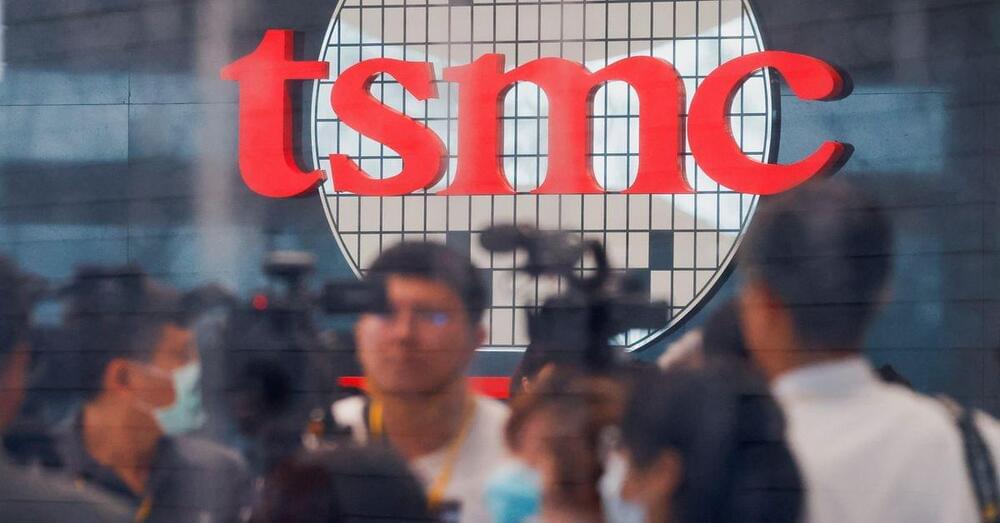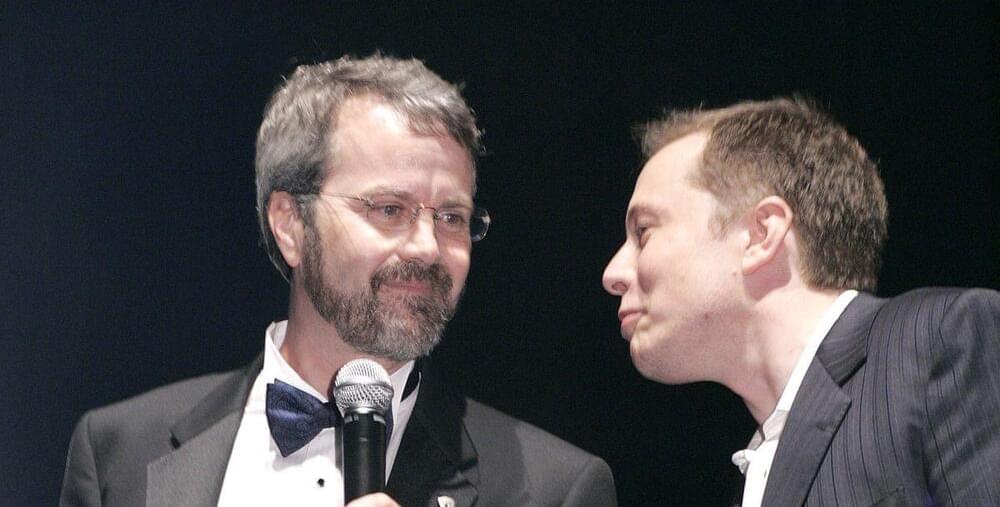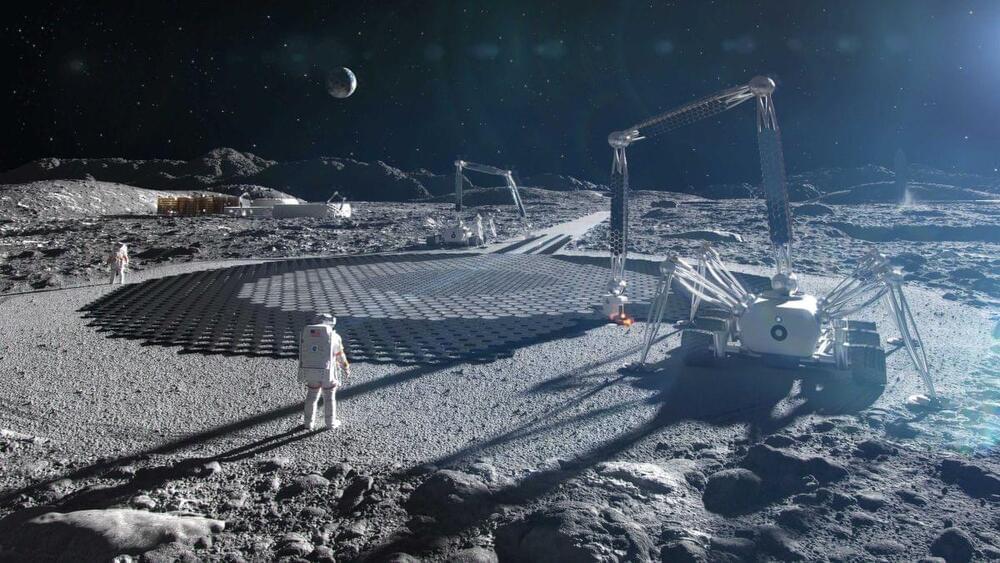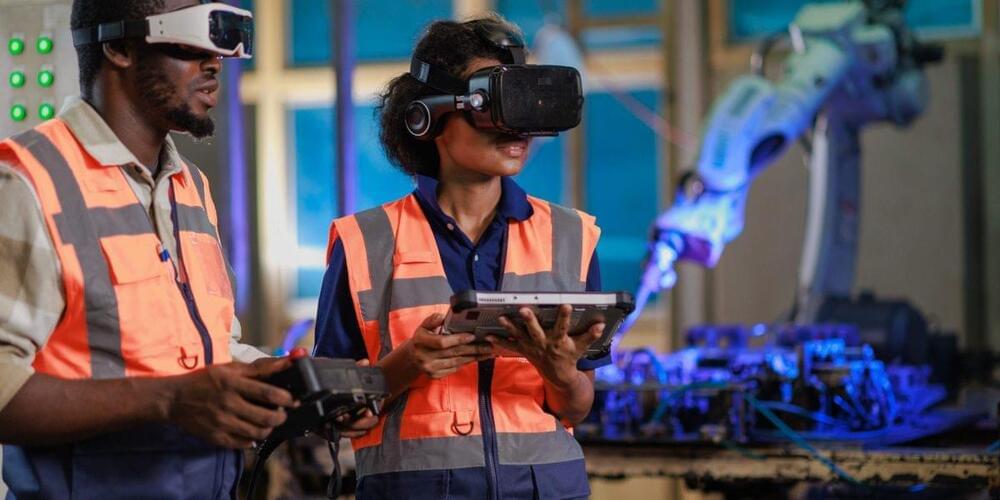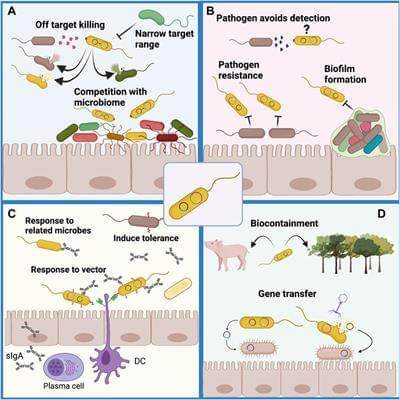We need a new philosophical framework for problem solving and global conflict resolutions or we will be finished as a species.
Jeffrey Sachs Interview — Resentment and Nuclear Threats.
#jeffsachs #jeffreysachs #interview.
Jeffrey Sachs is a well-known American economist, academic, and public policy analyst who has made significant contributions to the fields of sustainable development and economic development. He has held various prestigious positions throughout his career, including serving as the director of The Earth Institute at Columbia University and as a special advisor to the United Nations Secretary-General on the Millennium Development Goals. Sachs has authored numerous books and articles on topics related to economics, poverty reduction, and sustainable development.
Website: jeffsachs.org
